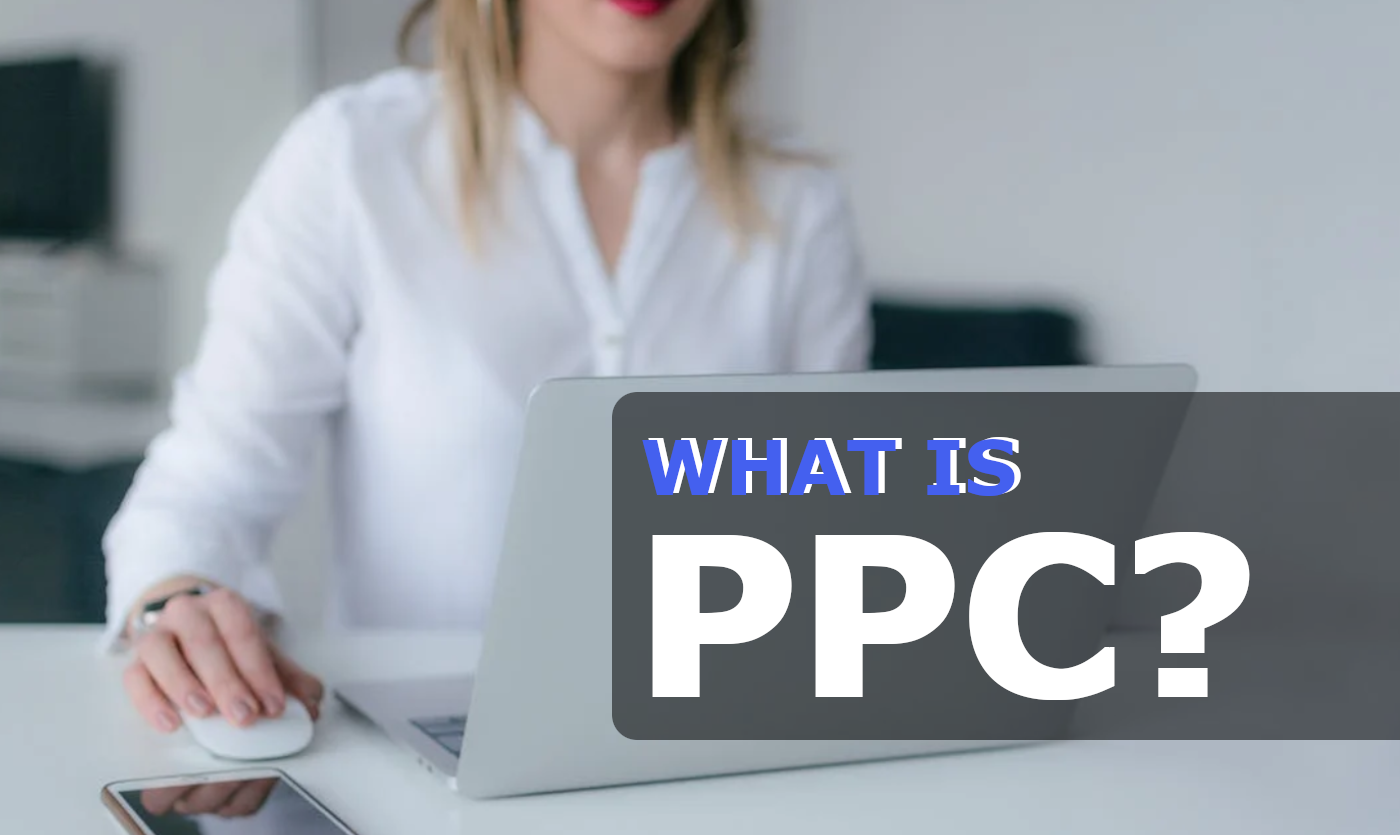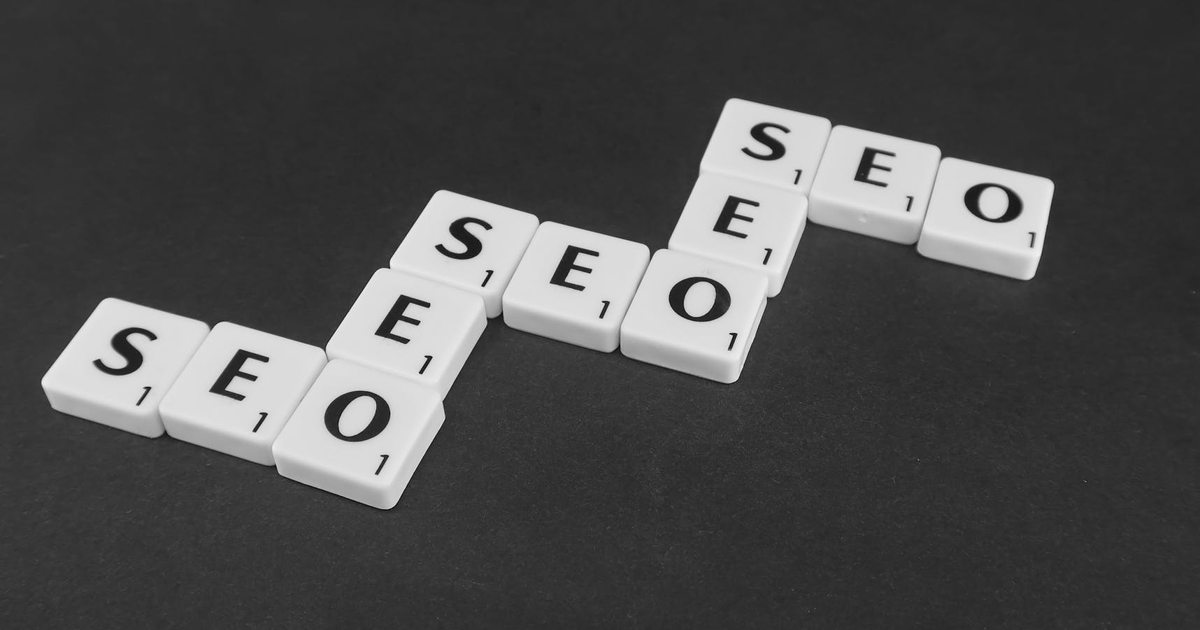What is PPC Marketing? Understanding Pay-Per-Click (PPC) Marketing
PPC stands for pay-per-click in the world of marketing, but what is PPC marketing? As the name implies, pay-per-click marketing is where the advertiser pays a small fee for each and every click generated by the campaign.
Pay-per-click can be an effective strategy because the marketer is paying for advertisements based on known user engagement (aka clicks). The act of clicking suggests greater intent, making PPC channels appealing to many businesses.
Examples of Pay Per Click
Perhaps among the most obvious PPC options would be search engines such as Google, Bing, Yahoo, etc. These are data brokers who generate revenue by selling advertising based upon user data. An advertiser bids on a certain type of user (based on demographic, keyword, or more generic contextual data), and then when the user clicks on a given ad, the advertiser pays for the click.
While search engines are obvious PPC choices since users are actively searching for related content, PPC exists across other mediums as well. For instance, social platforms such as Facebook and Pinterest offer the option to purchase on a PPC cost-basis. Increasingly, even retailer are getting a slice of the ad dollars with PPC advertising being sold through retail media networks.
Pay-Per-Click ads can come in a variety of sizes, formats, targeting capabilities, etc., but the defining characteristic is that advertisers are only paying when a user clicks on the ad.
Benefits of Pay-Per-Click Advertising
After asking, “what is PPC marketing,” the next obvious question is “why use it?”
Pay-Per-Click has many benefits. Here are three benefits to PPC Marketing:
- Demand Based Bidding: The majority of ad networks sell PPC ads based on auctions instead of fixed pricing. Therefore, the demand dictates the market. If nobody wants to bid against a particular keyword or topic, the price (CPC) is likely to be lower.
- Efficient Spend: PPC tends to be more efficient when it comes to lower-funnel marketing strategies. This is due to the cost-structure. Advertisers essentially get to put their brand in front of more relevant audiences at no cost unless the user decides to click. While other cost-structures would charge for the impression either way, PPC charges only if the audience clicks, and therefore, any non-clicker is simply building brand recall.
- High Conversion:Conversion rates tend to be higher on PPC campaigns. This is because PPC campaigns can become incredibly precise in targeting capabilities, and therefore, the lowest funnel users tend to be most likely to interact with the ad. This means these ads tend to drive high conversion for a campaign generally speaking.
Reasons Not to Use PPC Campaigns
So now there’s an answer to what is PPC Marketing and its benefits, but are there reasons to be wary?
Here are three key reasons it may not make sense to use PPC marketing:
- Expensive: While PPC Marketing is great for precise targeting and getting to the most likely to convert customers, it comes at a premium. While other cost structures, such CPM, may deliver lower average conversions, the prices already take this into account. It’s often much more economical to reach large audiences with alternative pricing models. (Additionally, it is possible to have a higher converting CPM campaign – each business needs to understand what works best for them.)
- Complicated and Higher Risk: While other ad formats carry their own degree of complexity and associated risks, PPC is unique in that the targeting capabilities are so numerous that it’s easy to become bogged down in details. While many could figure out how to setup a campaign in the ad platform, the challenge is delivering the correct campaign: one which actually drives sales. This requires data-centric professionals who are skilled in keyword/audience research, product knowledge, and are able to stay on top of trends. PPC tends to be especially volatile with the world events, so changing trends can result in sudden over/under delivery of ads, etc.
- Brand Building is Slower. For already established brands and/or audiences, the benefit of a non-clicker seeing a PPC ad without clicking may be enough to keep the upper funnel full. However, most brands – especially newer/smaller brands – will benefit from at least some degree of overarching brand media, often done as more of a CPM or alternative pricing structure due to greater reach. A common mistake is brands relying fully on PPC. If the upper funnel is ignored, it’s not uncommon users click only to realize the brand/product is nothing they were interested in. Blending other types of campaigns can actually enhance the performance of PPC, especially when brand recall is lower.
Is PPC Marketing Worth it? Do it Make Sense to Use Pay-Per-Click Marketing?
There are many reasons in favor of and against using PPC Marketing. The answer will vary business to business – and even campaign to campaign, but it is likely to come into play for most companies.
Pay-per-click marketing is an effective strategy for reaching mid/low funnel customers, so it most certainly has its place. However, the common mistake many brands make is to over-value PPC marketing.
While often effective at driving immediate performance outcomes, if other strategies aren’t also sufficiently in use, it’s likely the upper funnel will shrink, and over time, sales will stagnate – including with the once effective PPC ads. It’s important to ensure the marketing media mix is well balanced to reflect the unique brand needs.




